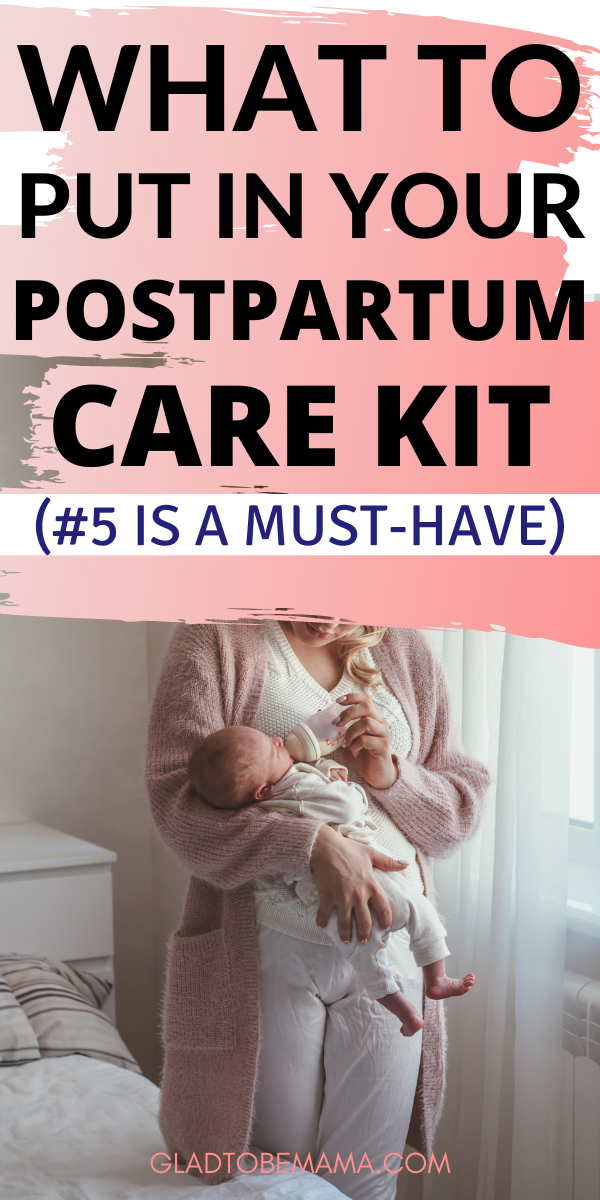Understanding Your Rights in Postpartum Care
After giving birth, the postpartum period is a crucial time for new mothers to focus on their health and recovery. However, this time can also be filled with uncertainty and potential health risks. For many, the standard six-week checkup has long been the norm, but recent guidelines emphasize the importance of earlier and more personalized care.
Sarah Darby’s experience highlights the significance of proactive healthcare during this time. After delivering her daughter, Eleanor, she noticed her blood pressure rising and requested an earlier follow-up appointment. This decision allowed her to monitor her condition closely and avoid unnecessary stress. Her story underscores the value of advocating for one’s health and seeking timely medical support.
The Importance of Early Checkups
The six-week postpartum checkup has traditionally been the benchmark for assessing a mother’s recovery. However, medical experts are now recognizing that this timeframe may not be sufficient for all women. According to Dr. Melissa Lozano, medical director of postpartum at Mount Sinai West, the six-week mark was chosen primarily because it allows time for wound healing and uterine recovery. But this approach is evolving as more attention is being given to the broader range of health concerns that can arise in the first year after childbirth.
The World Health Organization (WHO) recommends three to four health contacts in the first six weeks following birth, followed by the standard six-week appointment. Similarly, the American College of Obstetrics and Gynecology (ACOG) issued guidelines in 2018 urging physicians to conduct earlier check-ins within the first three weeks of giving birth. These changes reflect a growing understanding of the need for more individualized and timely care.
When to Seek Help
New mothers should not hesitate to reach out to their healthcare providers if they feel something is wrong. The first six weeks postpartum can be physically and emotionally challenging, with hormonal fluctuations, sleep deprivation, and physical recovery from labor. While some discomfort is expected, there are clear signs that indicate when professional help is needed.
Excessive bleeding, shortness of breath, fever, unusual discharge, or persistent pain are all red flags that require immediate attention. For mental health, symptoms like prolonged sadness, anxiety, or difficulty bonding with the baby may signal a perinatal mental health condition. It’s important to communicate these concerns clearly and directly with your provider, using specific language to convey urgency.
Support Systems and Resources
Bringing a support person to appointments can be incredibly helpful, especially during the early postpartum period. A trusted friend or family member can offer perspective, ask questions, and help track symptoms. Keeping a symptom log, such as using the ‘My Journal’ tool in the What to Expect app, can also provide valuable information to share with your healthcare provider.
Mental health screenings are an essential part of postpartum care. Providers often use tools like the Patient Health Questionnaire 9 (PHQ-9) or the Edinburgh Postnatal Depression Scale (EPDS) to assess for depression. If you don’t receive a screening, you can request it. Repeating the screening at later appointments is also recommended, as mental health can fluctuate in the months following childbirth.
Referrals and Community Support
If you need specialized care, such as therapy or physical rehabilitation, you have the right to ask for a referral. Many insurance plans require referrals for coverage, so it’s important to understand your policy’s requirements. ACOG also emphasizes the importance of referrals to specialists like pelvic floor physical therapists or urogynecologists for issues like incontinence.
Support groups can also play a vital role in postpartum recovery. Organizations like Postpartum Support International offer free, weekly support groups that provide a safe space for sharing experiences. Local hospitals and community centers often host similar groups, and online resources like La Leche League can connect you with breastfeeding support.
Immediate Help and Advocacy
For urgent assistance, several hotlines and resources are available. The National Maternal Mental Health Hotline offers 24/7 support in both English and Spanish, while the Postpartum Support International Helpline provides general support and resources. The Crisis Text Line and Suicide & Crisis Lifeline are also valuable options for those in need of immediate help.
Advocacy efforts, such as #BumpDay, aim to raise awareness about the importance of comprehensive postpartum care. By sharing stories and supporting policies that prioritize maternal health, we can work toward a future where every mother receives the care and support she needs.







